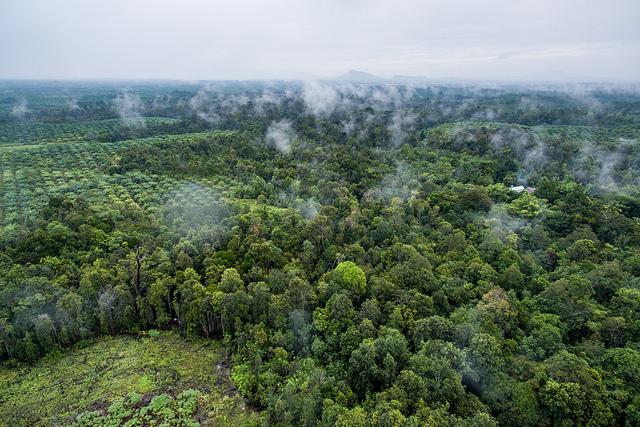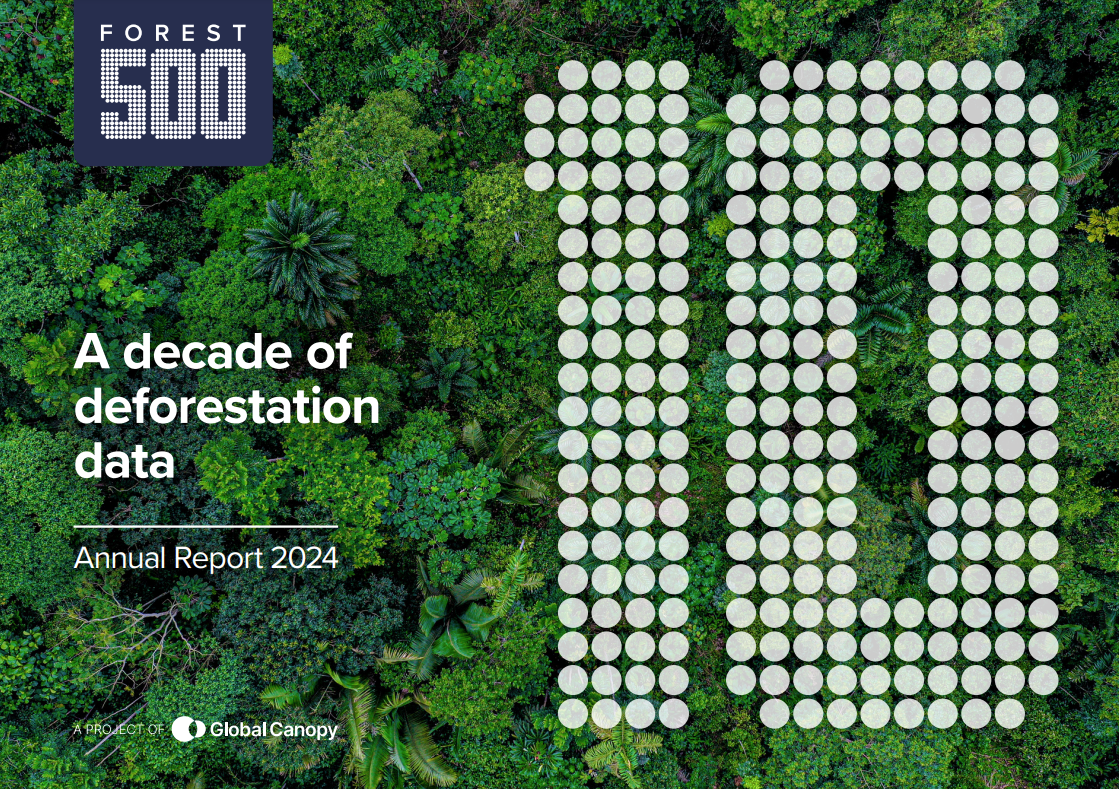A decade of ranking the most influential companies driving tropical deforestation
500 companies and financial institutions have the power to transform cattle, timber, soy, and palm oil supply chains. But are they doing enough to eliminate deforestation and human rights abuses? See our latest assessments to find out.
Discover the 2024 annual reportMajor companies and financial institutions are persistently ignoring their role in driving deforestation
Posted on
Global Canopy’s 10th annual Forest 500 report reveals, that despite some pockets of progress, voluntary private sector action has failed to generate meaningful progress on commodity-driven deforestation.
Read the full article (Major companies and financial institutions are persistently ignoring their role in driving deforestation)Deforestation and human rights: too many companies and financial institutions ignoring the critical link
In our second annual human rights briefing, Forest 500 data reveals that the majority of the 350 companies and 150 financial institutions with the greatest influence on tropical deforestation are failing to take sufficient action to prevent human rights abuses associated with deforestation and land conversion.
Read the full briefing
2024: A decade of deforestation data
After 10 years and 1.3 million data points charting the companies and financial institutions most exposed to tropical deforestation, conversion of natural ecosystems and associated human rights abuses, ‘Forest 500: A Decade of Deforestation Data’ sets out 10 lessons for enabling and accelerating action. Read our full annual report.
Read the full publication (2024: A decade of deforestation data)Dive into the Forest 500 rankings
The new assessments of the Forest 500 companies and financial institutions with the greatest exposure to tropical deforestation risk are now available.
Explore now





